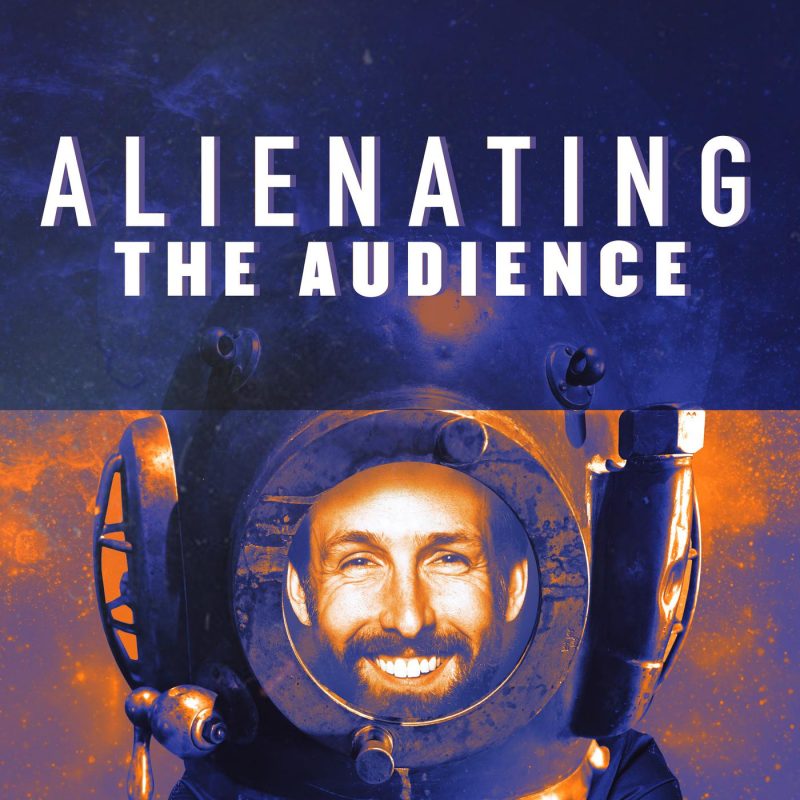


Andrew Heaton and an army of nerds plunge deep, deep into films, books, and TV shows to ask: what's science fiction really about? What is The Twilight Zone really exploring? What are the underlying themes of Star Trek? What is the worldview of Star Wars? Also sometimes Heaton performs comedy on other planets.